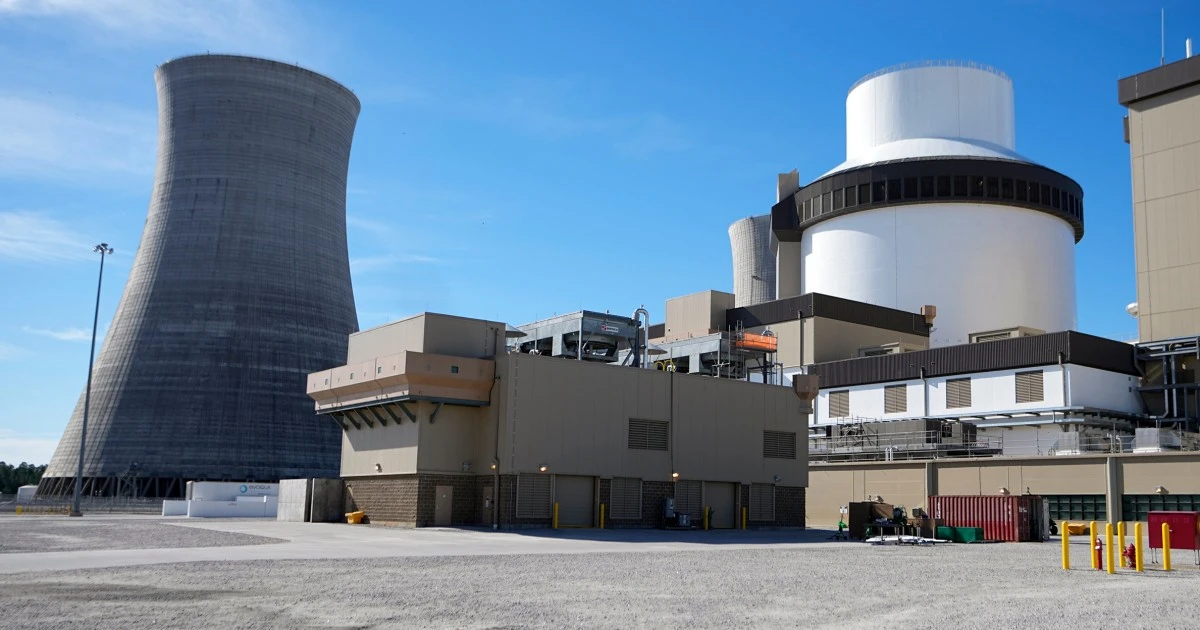Or check it, we don’t increase our consumption, so we don’t need more energy. We purposefully decrease it. We allocate resources by necessity.
Widget factories don’t need to operate 24 hours a day, and their owners don’t need to make 500x their employees wages. Kill two birds with one stone, the widget factory is only allocated enough energy to run a few hours a day, and the wages from its executives (who have proven they don’t deserve it by the very lack of care towards sustainability they have presented) go to the workers to ensure they continue to make the same amount despite the decrease in work time.
You do that with all of the industries in the world, and I guarantee we could cut emissions by 50% within a year. Obviously, global implementations are much more complicated than my comment would imply, but I think accepting an end to a system where the only limits placed upon industry is “how much money do you have?” Is necessary entirely to have even a fraction of a chance at beating climate change.
Then, once we’ve stopped wasting massive amounts of energy on inherently useless endeavors, then we can start to talk about the pollution caused by nuclear, but until then, it’s just replacing one extractive industry with another. Whether or not in theory nuclear is less damaging environmentally, our current Money = Right system precludes the possibility of such sustainable practices being put into place. There is always another country that can be corrupted to allow destructive, cheap extraction processes, like what happens in Mail, Burkina Faso, and Niger as we speak.

